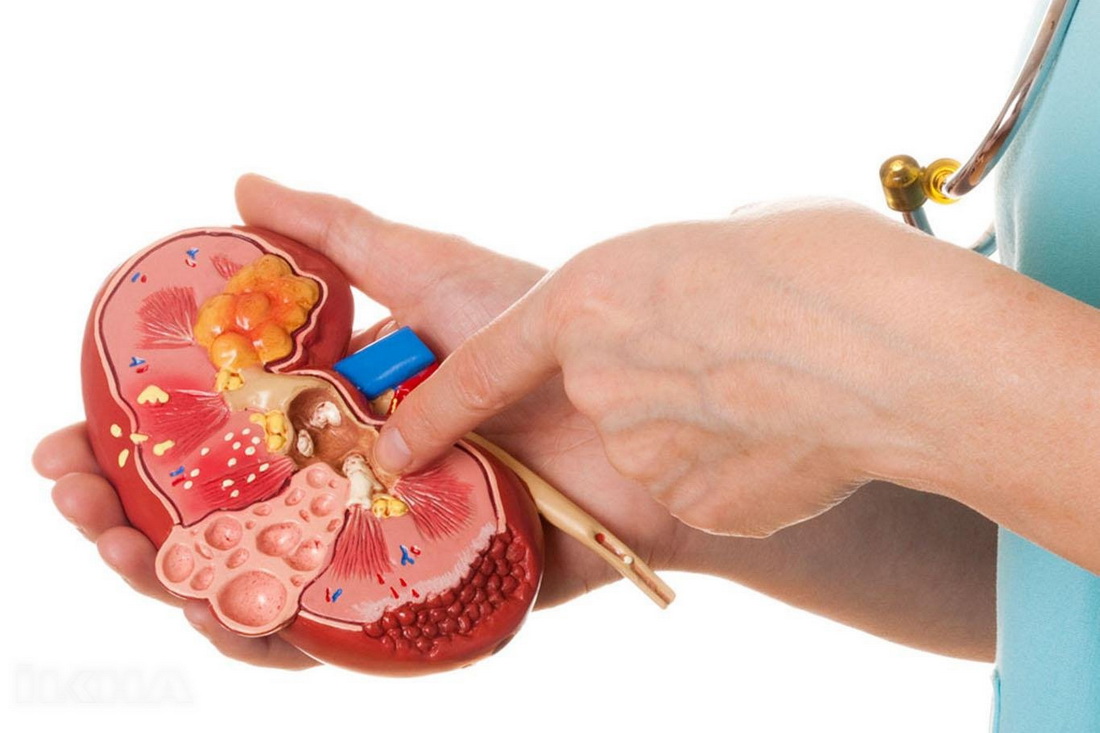Homeopathy Treatment for Kidney Stones in Bangalore

Struggling with kidney stones in Bangalore? Victory Homoeopathy Clinic offers a natural and individualised homoeopathic solution. Kidney stones affect up to 10% of people globally, causing severe pain, urinary problems, and a high chance of recurrence, especially in busy urban environments. In Bangalore, factors such as the specific climate, dietary habits, and water quality can further contribute to the prevalence of kidney stones, making it even more crucial to seek tailored treatment that addresses these local concerns.
How Homeopathy Helps Treat Kidney Stones
At Victory Homoeopathy Clinic in Bangalore, our homeopathy treatment for kidney stones is tailored to each patient. We offer gentle, side-effect-free relief while aiming to dissolve stones, relieve pain, and prevent recurrent episodes. During your first visit, our experienced practitioners will conduct a thorough assessment, including a detailed medical history and any necessary diagnostic evaluations. Based on this, we will develop an individualised treatment plan tailored to your specific needs. This often includes a carefully selected combination of homoeopathic remedies designed to stimulate the body's natural healing ability, correct metabolic imbalances, and address the underlying causes of stone formation. Our personalised approach focuses on addressing the root cause rather than merely masking symptoms, providing a comprehensive solution for kidney stone management.
Benefits of Homeopathic Treatment
- Natural and non-surgical option
- Reduces pain and discomfort quickly
- Facilitates passage or dissolution of small to mid-sized stones
- Prevents future stone formation through holistic management
- Safe to use alongside conventional medicine and for long-term kidney health
Lifestyle Tips for Kidney Stone Prevention
- Drink 2.5–3 litres of water daily to help flush crystals
- Limit foods high in oxalates (spinach, nuts, chocolate)
- Reduce salt and animal protein intake
- Add more citrus fruits to your diet to prevent stone formation
- Proven results in kidney stone relief and prevention
- Personalised approach with safe, effective natural remedies
- Trusted by patients across Bangalore for gentle, holistic healing
- Focus on prevention, not just symptom control
Why Choose Victory Homoeopathy Clinic in Bangalore?
Common Questions About Kidney Stone Treatment
Q1. Can homeopathy dissolve kidney stones?
A: Yes. Many studies and clinical reports demonstrate that individualised homoeopathic medicines, such as Berberis vulgaris, Lycopodium clavatum, and Sarsaparilla, can help dissolve or expel small to medium-sized stones, as well as reduce pain and prevent recurrence. Larger stones may require comprehensive management or referral.
Q2. How long does homeopathic treatment take?
A: Relief of pain and urinary symptoms often appears within 2–4 weeks. Complete resolution of stones can take 2–6 months, depending on stone size, location, and overall health. Regular follow-ups at our Bangalore clinic are recommended for the best results.
Q3. Is it safe to combine homeopathy with conventional medicine?
A: Absolutely. Homoeopathic remedies do not interfere with other medications and can be safely used alongside allopathic treatments. Always keep your healthcare providers informed of all therapies you are receiving.
Q4. Will I need surgery or lithotripsy?
A: Most kidney stones under 8–10 mm can be managed non-surgically with homeopathy and lifestyle changes. Surgery is rarely needed except in complicated or huge cases. If an operation is necessary, our clinic coordinates with expert urologists in Bangalore to ensure seamless care.
Book Your Consultation
End the pain and worry of kidney stones. Book a consultation at Victory Homoeopathy Clinic, your trusted clinic for kidney stone homeopathy treatment in Bangalore. Experience long-term relief, prevention, and compassionate care for every patient.
